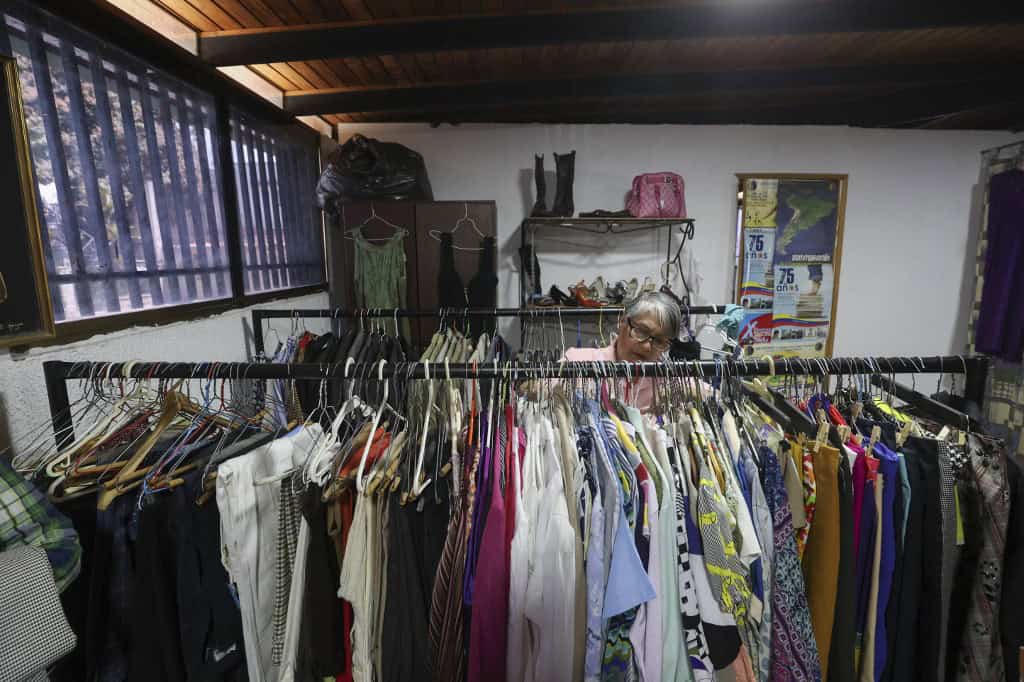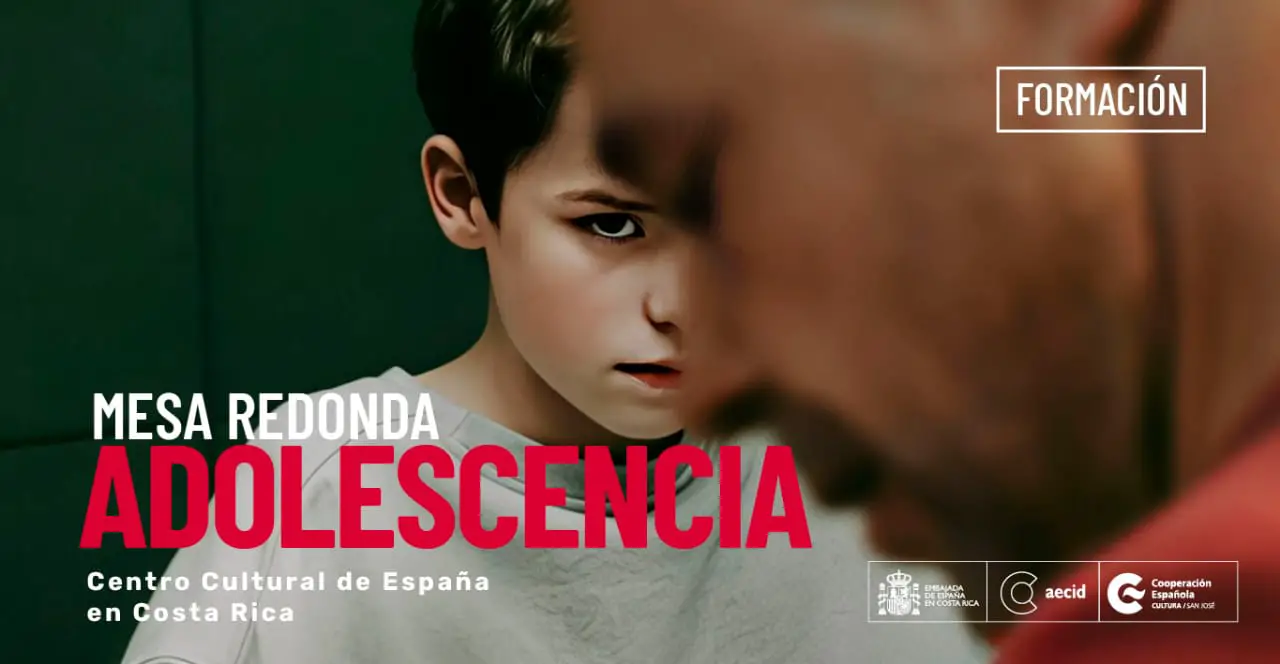Q COSTARICA — Former magistrate Celso Gamboa, ex-convict Edwin López “Pecho de Rata,” and businessman Jonathan Álvarez, alias “Profe,” could keep part of the assets they acquired with drug trafficking profits, depending on their negotiations with the Drug Enforcement Administration (DEA).
Recently, Wesley Wynne, the U.S. Attorney for the Eastern District of Texas, who is prosecuting these three extraditables facing for illicit conspiracy and international cocaine distribution charges in the United States, with the Ministerio Publico, Costa Rica’s Public Prosecutor’s Office,0 to coordinate the possible seizure of the suspects’ assets, properties, and accounts.
Carlo Díaz, Costa Rica’s Attorney General, confirmed that there is a possibility that the first three Costa Ricans subject to extradition could reach an agreement with U.S. judicial authorities to retain part of the fortune they have accumulated.
“In the meeting we had with the Texas District Attorney and DEA investigators, that very topic was discussed: the pursuit of these individuals’ assets. They even spoke or mentioned that there was a possibility of sharing these assets or that they could even be the subject of negotiation,” said Diaz.
The extradition request file includes a notice of asset forfeiture: if the extradition is granted, the U.S. could go after Gamboa, López, and Álvarez’s finances, and not just impose prison sentences.
An affidavit from the U.S. Attorney warns of the intention to impose financial sanctions on the defendants. However, for the time being, no new investigations will be opened until it is known for sure whether the DEA, the Texas Attorney General’s Office, and the three extraditable individuals reach some kind of agreement.
“We will first be monitoring the extraditions. If that doesn’t happen, our country also has the option of opening the appropriate money laundering cases and seizing, forfeiting, or confiscating these assets.
“We will be monitoring the progress of the investigation, first until the extraditions are issued, and then we will continue to coordinate with the DEA authorities and the U.S. Attorney’s Office for the District of Texas to determine how we will proceed,” Díaz explained.
“The opening of money laundering investigations to pursue the funds of those subject to extradition could also include family members, associates, partners, or other individuals who have lent their names or companies to bring in drug trafficking proceeds and launder them.
“That is part of the investigation. Generally, individuals investigated for drug trafficking crimes personally have very few or no assets, and therefore use front men to launder or simulate the various criminal activities and the assets derived from them,” Díaz concluded.
Celso Gamboa
Celso Manuel Gamboa Sánchez, a former high-ranking public servant, recently admitted during a recent trial for influence peddling (of which he was acquitted) that he once made big money as a lawyer—up to US$15,000 a month, not counting the US$600,000 in illicit gains the U.S. links to him.
Despite these earnings, official records don’t show Gamboa owning cars, businesses, or extra properties.
The U.S. Treasury has now blacklisted him for alleged ties to drug trafficking, freezing the assets of both his law firm and a Limon soccer club. In Costa Rica, his real estate holdings are surprisingly modest: just a single apartment in Jacó and a piece of land in Cartago that’s tied up in family legal arrangements.
Pecho de Rata
Edwin Danney López Vega, better known as Pecho de Rata or Diosito, stands out for holding most of his wealth in his own name—a rarity in the underworld. Dubbed the “King of Cahuita,” he owns a patchwork of properties in Talamanca, including mountain estates, construction lots, and farmland, some tied to ongoing money laundering investigations.
His urban home in Quepos is mortgaged for a hefty sum, and he claims assets like boats, a new motorcycle, and a Nissan Sentra. But U.S. authorities say that’s just the surface. They suspect López Vega also controls two vast farms in Sixaola, leased through family companies, with prime access to the Caribbean and Sixaola River—ideal for trafficking operations.
These properties, some officially registered for cattle farming, were purchased via relatives and have links to the Limón Black Star club, another node in a sprawling money laundering probe.
Alias “Profe”
Jonathan Guillermo Álvarez Alfaro, better known as “Profe” or “Gato,” is one of three Costa Ricans facing extradition for allegedly leading a major money laundering ring, according to authorities.
Investigators say he owns multiple properties across Costa Rica—spanning everything from city lots and a commercial building to a rural grave site—and has ties to businesses in real estate, auto sales, and even a sports club.
Álvarez and his brother are accused of living large, with luxury cars and lavish homes, all while allegedly funneling dirty money through livestock auctions and other ventures. When police raided the operation, they found millions (of colones) in cash, piles of jewelry, luxury vehicles, cattle, and even weapons, painting a picture of a crime ring straight out of a movie.
Source link
Rico



